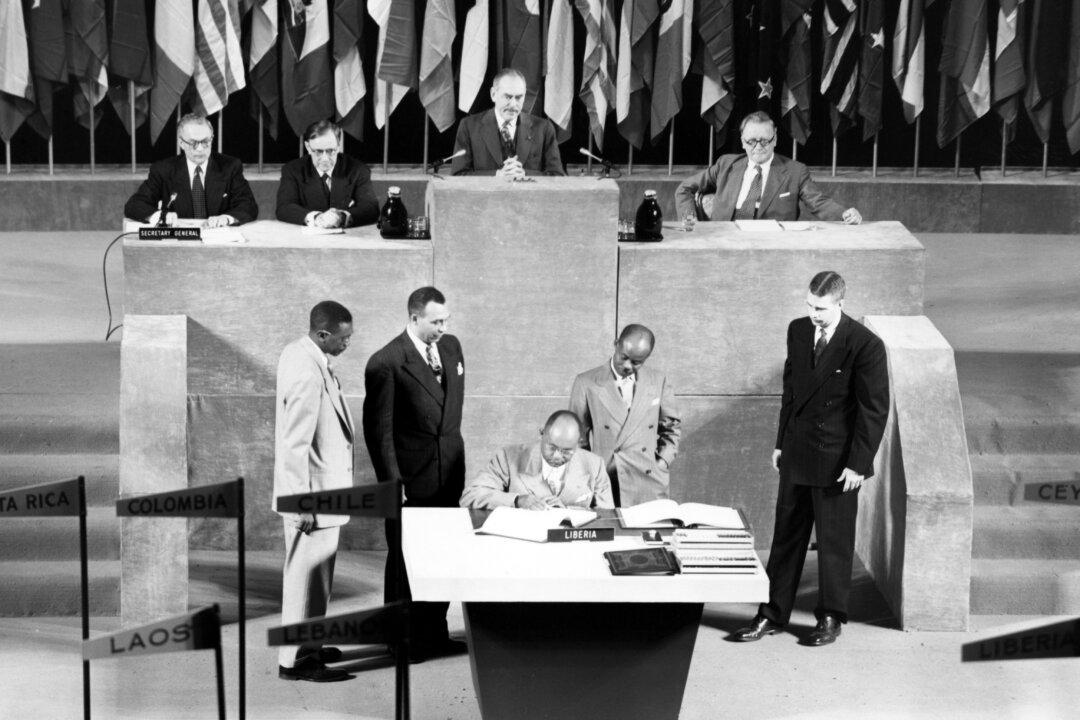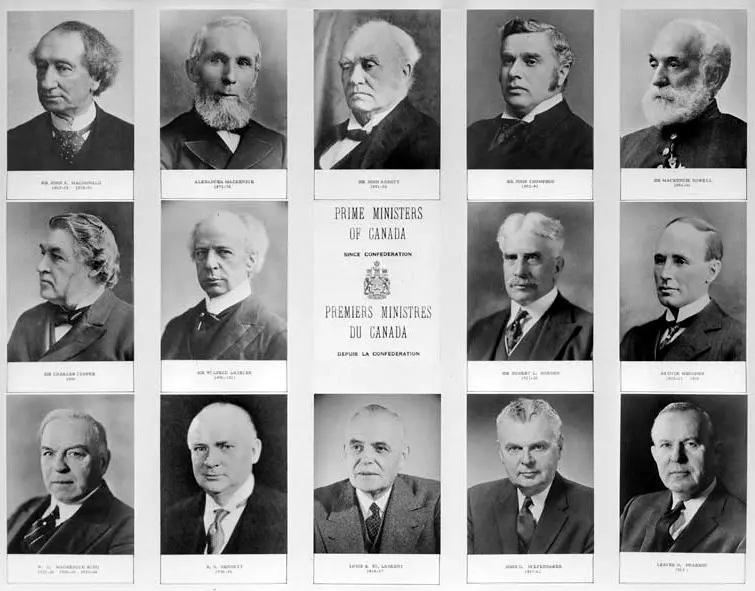Commentary
Canada was a founding member of the United Nations in San Francisco on June 26, 1945. It was “the dawn of a new era in the history of the world,” said Prime Minister Mackenzie King. No longer would governments rely on power, war, and armed diplomacy to secure their interests. If mankind wanted peace badly enough, he could “beat swords into plowshares,” and universal brotherhood would be just around the corner.





